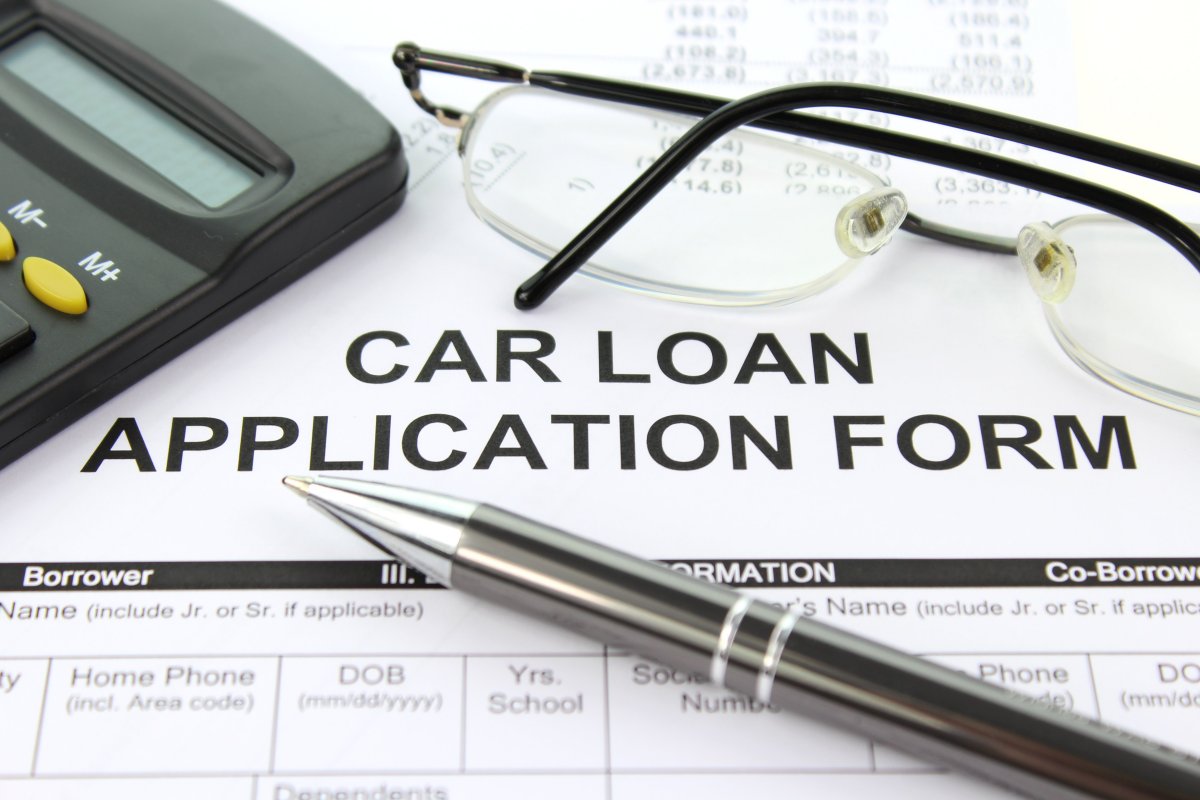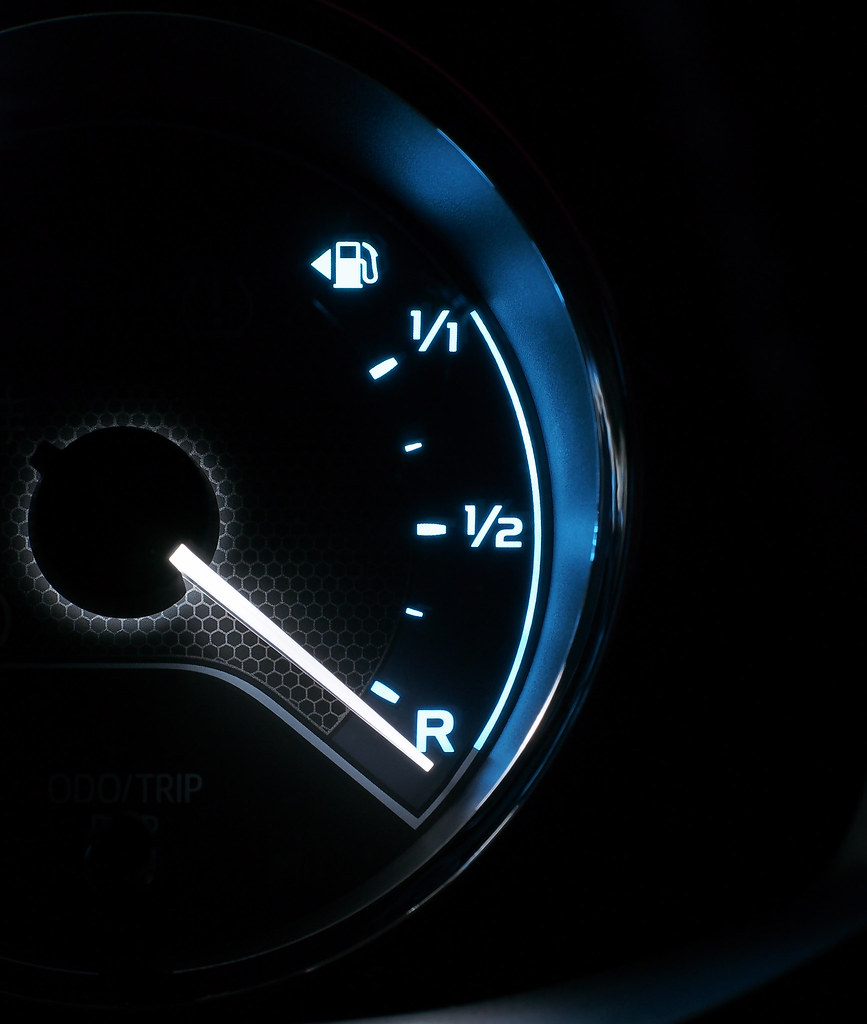If you’re thinking about buying a vehicle, chances are you’re also considering taking out an auto loan. Here are seven crucial suggestions for obtaining the best auto loan for your requirements, so that when it comes time to purchase a car, you’ll be prepared to go.

1.) You should know before you go.
When it comes to qualifying for lower interest rates, your credit score is a major consideration. That’s why it’s critical to understand precisely what your credit score is before applying for a loan. You can check your score for free at UW Credit Union and get recommendations on how to improve your credit health. Requesting a free credit report from one of the three major credit bureaus once every 12 months might also be a good idea since you can fix any mistakes immediately after viewing them.
2.) Aim for shorter terms.
If you can afford it, taking a shorter loan term has some benefits. The interest rates will be lower, and you’ll save money over the life of the loan by paying less overall for your automobile. You’ll also be on your way to paying it off sooner if you take out a longer-term loan to purchase a vehicle with a higher price tag. If you can’t afford the monthly car payment on the car you want with a short-term loan, consider waiting until you have more cash down payment to pay for it.
3.) Pay it down.
The greater your down payment on a vehicle, the lower your interest rate will be. At the absolute minimum, you should aim to put down at least 20%. The usual rule of thumb is that for every $1,000 you contribute, your monthly payment will decrease by approximately $18.
4.) The time is right.
Timing is crucial when purchasing a vehicle, especially in the late months of the year, such as October and November. If at all possible, wait until December or January to buy. Also, look for automobiles later in the month and earlier in the week; these are periods when salespeople are more likely to negotiate down to lower rates due to their quota goals.

5.) Cover those taxes and fees.
The taxes and fees you receive after you’ve bought a vehicle are frequently neglected until the end of the purchasing process. If at all feasible, try to anticipate these throughout the course of your purchase and pay them off in cash. It may appear to be a minor detail, but it might save you hundreds of dollars over time.
6.) Refinance & save!
There are several situations in which refinancing your existing vehicle loan might save you money. Your credit score may have improved, or you may simply want to decrease your monthly payments. Whatever the reason, refinancing may be the quickest method to achieve a better interest rate. Use this calculator to determine whether refinancing is right for you.



